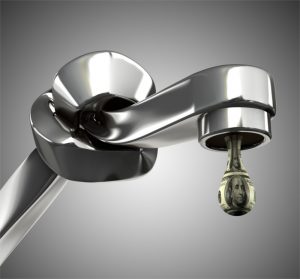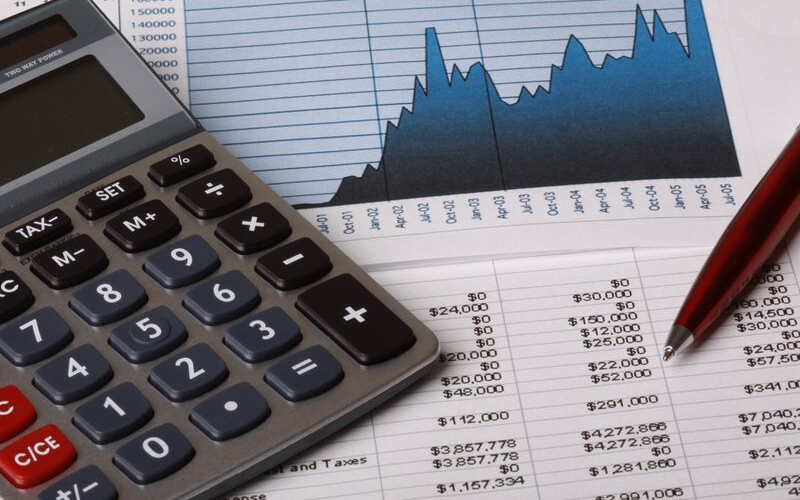When it comes the end of year accounting, it can seem like an insurmountable project. But, if you do a better job throughout the year you can avoid some painful business disasters which goes a long way in assisting your CPA to prepare and file your taxes.

1. Avoid a Cash Flow Crunch
Review all your open invoices and send reminders. This should go without saying as it is just a good accounts receivable (A/R) best practice. But, if you have a solid accounting process and checklist for your end-of-year accounting, you can get a lot collected at year-end. Many businesses try to get as many expenses as they can be paid to minimize their tax liability. You can benefit if you’re disciplined and get your invoices in front of them before they start this process.
2. Good End-of-Year Accounting Means Catching Up on Your Monthly Bookkeeping:
 Your accounting can pile up if you don’t stay on top of it. If accounting isn’t your strength it’s well worth the expense of hiring a reputable bookkeeper to do it for you and keep your accounting current.
Your accounting can pile up if you don’t stay on top of it. If accounting isn’t your strength it’s well worth the expense of hiring a reputable bookkeeper to do it for you and keep your accounting current.
If you can’t get caught up, seek the services of a bookkeeping firm specializing in bookkeeping cleanup. Also, make sure that they’re inputting your data not just for taxes, but for financial and managerial accounting as well. This way you get what you need to run your business.
3. Separate all Personal & Business Expenses as a Good End of Year Accounting Practice
If you purchased items with your personal funds, like using your credit card. You need to make sure you’ve recorded those expenses correctly. The IRS scrutinizes certain deductions to see if you are utilizing them personally putting you at a greater risk of an audit. If you have questions about best practices or if you’re struggling to identify a good bookkeeper/accountant, reach out and we can help.
4. Get Paid for Using Your Car by Tracking Your Mileage
If your company tracks mileage in corporate vehicles make sure the mileage is tracked properly. A good FREE tool for tracking your mileage is TripLog.
If you use your personal vehicle for business purposes as a business owner make sure you have a clear distinction as to what is personal mileage, and what is business mileage.
5. Good End of Year Accounting Means Getting Capital Expenditures on Your Balance Sheet
 If your company purchased equipment or vehicles during the year, talk with your bookkeeper or CPA about those purchases. You want to make sure the asset details for your company are correct. This way you can take the tax advantage of depreciating them if you choose.
If your company purchased equipment or vehicles during the year, talk with your bookkeeper or CPA about those purchases. You want to make sure the asset details for your company are correct. This way you can take the tax advantage of depreciating them if you choose.
6. Make Sure to Do an Inventory Count
Count your inventory as close to the end of your accounting cycle as possible so that the inventory asset value is recorded properly. You want to make sure you don’t overstate/understate your inventory as it can have both negative and positive impacts with the IRS.
7. Conduct Good End of Year Accounting of Your Payroll information
 There is nothing worse than getting a payroll tax letter in the mail. But, if you work with a reputable bookkeeper, they should have everything you need to get it resolved in no time. Here are some quick checks you can do to make sure you’re current with all your payroll information:
There is nothing worse than getting a payroll tax letter in the mail. But, if you work with a reputable bookkeeper, they should have everything you need to get it resolved in no time. Here are some quick checks you can do to make sure you’re current with all your payroll information:
- Review your payroll and make sure all taxes are filed, paid, and ready for year-end completion.
- Review your subcontractors and make sure:
- their payments are all current and correct.
- you have a current w-9 to properly issue them a 1099.
- you have a certificate of coverage for each sub-contractor on file for liability insurance purposes.
xporn
xnxx
Phim sex
Uk Public Liability Insurance
How To Blur Out Your House On Google Maps
Pure Massage Riverview
Brendan Gallagher Girlfriend
World Cup Netherlands Vs Argentina
Marauda
Daily Lister Craigslist
Travel Insurance For Canada
Adullam Cave
Best Women S Soccer Players
Saudi Arabia Us
English To Bulgaria
Porn vido indan
Chopped Hazelnuts
Jordan Binnington Injury
Hopper S4
Tracksuit Set Women
Food In Portree Scotland
How Much Is A Fitbit
Aircraft Right Of Way Rules

